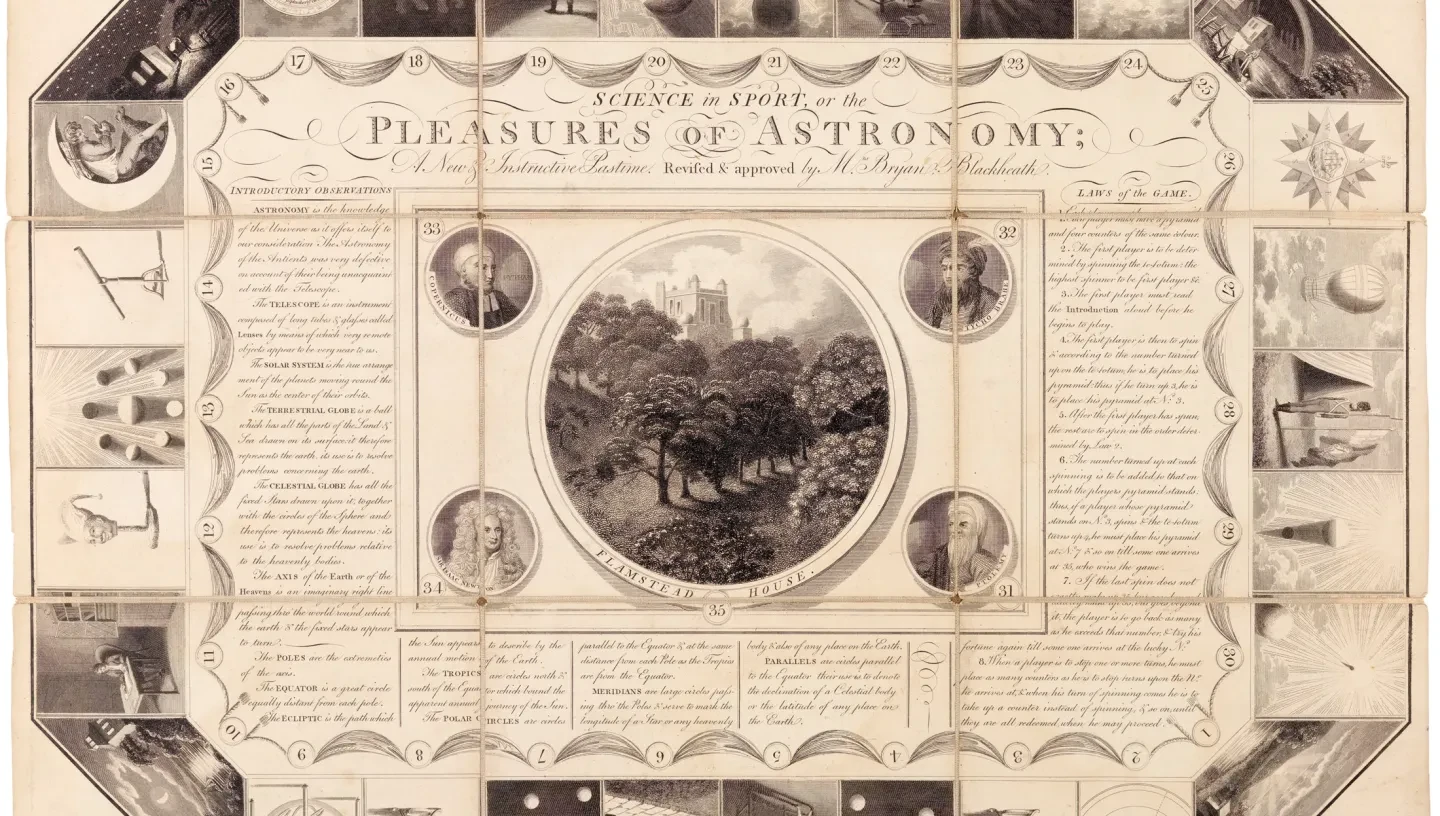
In this article we'll cover everything you need to know to start you on the road to becoming an amateur or professional astronomer.
Amateur astronomers have made a huge contribution to the field and will certainly continue to do so. Indeed it is hard to imagine anyone becoming a professional astronomer who didn’t start off as an amateur.
Scanning the skies at night and learning to identify and understand what you see is hugely rewarding. As you become more adept and connect up with other more experienced astronomers in clubs and through the internet, your passion and knowledge is sure to grow.
How can I find out more about astronomy or join a local club?
The Federation of Astronomical Societies has a list of clubs and societies around Britain and lots of advice to get you started too. We also recommend you contact the British Astronomical Association for lots of advice and information.
New discoveries
One word of warning though, while in this most democratic of sciences it is always possible for a newcomer to make a dramatic discovery, it is also extraordinarily rare. Many thousands of highly experienced amateurs’ lenses are trained on the sky every night along with massive telescopes manned by professional teams.
By joining a club though you will have access to people who can help you identify what you have seen and also recognize when you might be onto something truly original! With a few years under your belt, your chances of making new discoveries will grow.
UFOs
Deep inside even the most skeptical astronomer, the thought of seeing a genuine UFO must raise the heartbeat. Boring as it may be, there are plenty of explanations for unusual sights in the sky though. Weather balloons, satellites, reflective clouds, aircraft, flares or meteorites are almost certainly what you have seen.
How do I become a professional astronomer?
While you don’t have to be brilliant at mathematics and science to enjoy astronomy, you will need to be pretty comfortable with both to become a professional astronomer. To be accepted onto a relevant course at university you will need a good mix of science A levels or Highers. Mathematics and physics are normally essential and chemistry can be very useful too.
There are not many universities that do astronomy courses, but many offer astrophysics, which is a great option as it gives you a good physics/astronomy mix. This can give you more options than straight astronomy on the job market too.
At any stage of your studies, should you change your mind you will find that your strong science-based education will open doors to many careers. But if you are determined to become an astronomer (and we hope you are!), then you will need to get a PhD.
Once you have your PhD you will be able to start looking for a job as a professional astronomer. You may choose to work in a university, observatory or space agency in the UK, or like many scientists you may choose to travel with your job and experience living all over the world.
